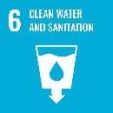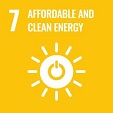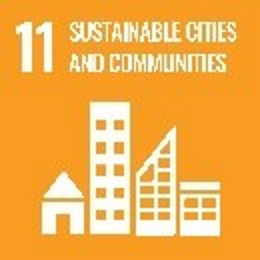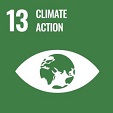PhD Student in Chemical Engineering at University of Pretoria, South Africa
Research focus: development of photocatalytic materials for renewable solar hydrogen generation from water
Hydrogen is considered the fuel of the future. It could be used to produce steel, for example, without emitting carbon dioxide. But currently the main source of hydrogen is still fossil fuels. If hydrogen is to play a crucial role on the road to a climate-neutral future, other sources are needed. When electricity from renewable sources is used for the electrolytic production of hydrogen, the efficiency is not very high. This makes the use of photocatalytic material to produce hydrogen directly from sunlight very attractive.
Bianca is working on the development of such photocatalysts. During her research, she has made a shift from chemical engineering to a more scientific approach: She wants to pursue end-use oriented research, but at the same time understand (at least to a good degree) the basics of the technology she is developing, so that she can truly innovate and use her creativity to its fullest potential.
But even with classic scientific research, she keeps questions in mind like: Will this also work in industrial scale, is there enough raw material for larger use, can the material be produced in an environmentally friendly way, can it be recycled, and is it toxic? The catalysts she uses were designed to be produced in an environmentally friendly and sustainable way. The possibility of recycling was also considered, as was low toxicity. The catalysts are based on layered double hydroxides (LDHs). These hydroxides are a type of anionic clay that occurs naturally. They can be produced synthetically and modified in terms of their material properties, in this case their interaction with light.
Bianca’s research strongly contributes to UN Sustainable Development Goal 7 (Affordable and Clean Energy), and consequently to Goal 13 (Climate Action). It would be a dream for Bianca to found a start-up based on her own developments.
The jury especially valued Bianca’s research on the production of green hydrogen and is convinced that this young scientist will work on providing a better understanding of how photocatalysts may help in the production of hydrogen and contribute to practical solutions to climate issues.
The research of Bianca mainly contributes to the Sustainable Development Goals 6, 7, 11, 13:
Take a look at this video that briefly introduces Bianca and her research:










